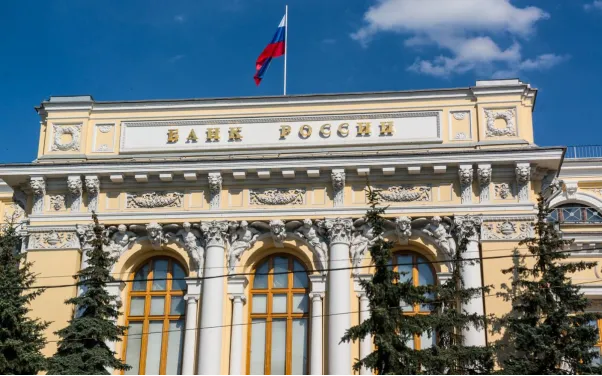
The Central Bank of Russia building with the Russian flag flying on its roof. Photo: Voelkerrecht Blog
This is the fourth consecutive reduction in the key interest rate. The monetary policy easing cycle began in June: the Central Bank of Russia lowered the interest rate from a historic high of 21% to 20%. The regulator then lowered the rate two more times (at meetings in July and September) - first by 200 basis points and then by 100 basis points.
In a statement, the Central Bank of Russia said that the current price stability indicators have not changed significantly and remain above 4% on a yearly basis. The economy continues to return to a balanced growth trajectory. Inflation expectations remain high.
This rate cut is seen as a fairly tightening signal. The Central Bank of Russia will maintain the necessary tightening of monetary conditions to bring inflation back to target.
In the baseline scenario, the average key interest rate will be in the range of 13-15% per year in 2026, meaning a prolonged period of tight monetary policy. The Central Bank of Russia said that further decisions on key interest rates will be made depending on the sustainability of the decline in inflation and the evolution of inflation expectations.
The Central Bank of Russia also increased its inflation forecast: to 4-5% by 2026, although it had previously forecast price growth of no more than 4%.
"The increase in the 2026 forecast is due to the impact of individual inflation factors. Sustainable inflation will reach 4% in the second half of 2026. In 2027 and thereafter, annual inflation will remain within the target," the Central Bank of Russia noted.
Currently, annual inflation is estimated at 8.2% as of October 20 and is expected to be at 6.5-7% by the end of 2025.
The acceleration in price growth was driven by unusual factors, including higher gasoline and fruit and vegetable prices than in the usual autumn months, the Central Bank of Russia said in a statement.
From January 2026, the value added tax (VAT) in Russia will increase from 20% to 22%. In the short term, the new taxes will increase inflation, contributing 0.6-0.7 percentage points to the overall price increase. However, in the long term, the Central Bank of Russia considers the new taxes to be a disinflationary factor.
Source: https://vtv.vn/ngan-hang-trung-uong-nga-giam-lai-suat-lan-thu-tu-lien-tiep-100251026092858866.htm




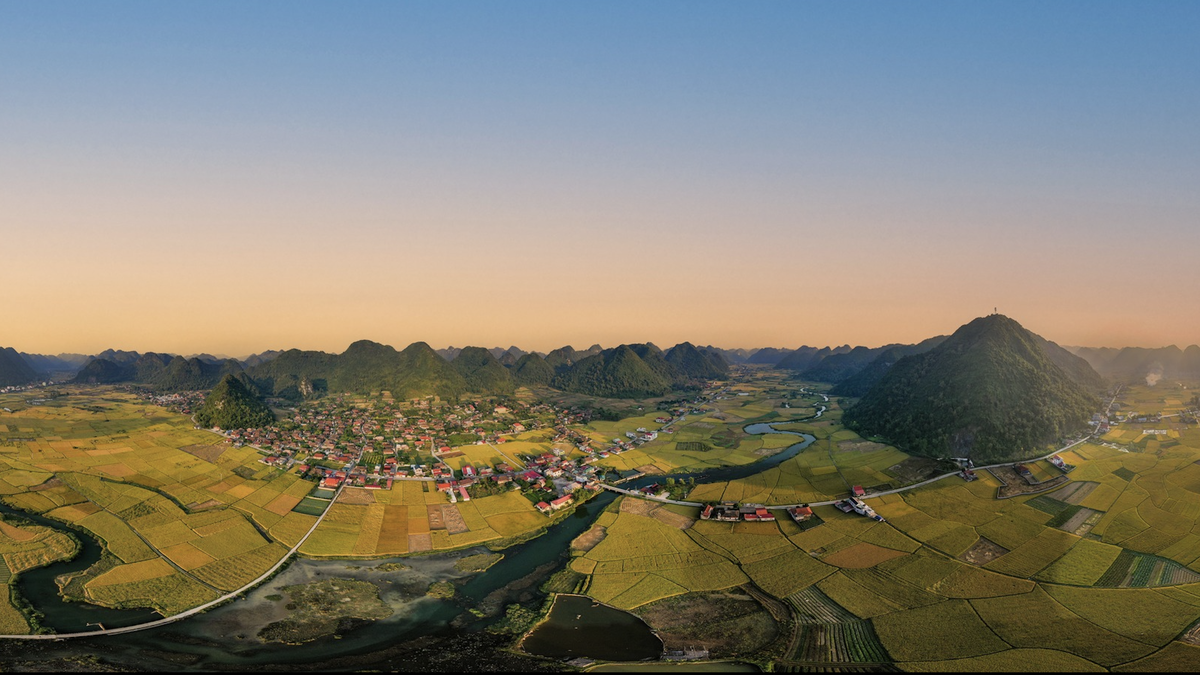
![[Photo] Nhan Dan Newspaper displays and solicits comments on the Draft Documents of the 14th National Party Congress](https://vphoto.vietnam.vn/thumb/1200x675/vietnam/resource/IMAGE/2025/10/26/1761470328996_ndo_br_bao-long-171-8916-jpg.webp)

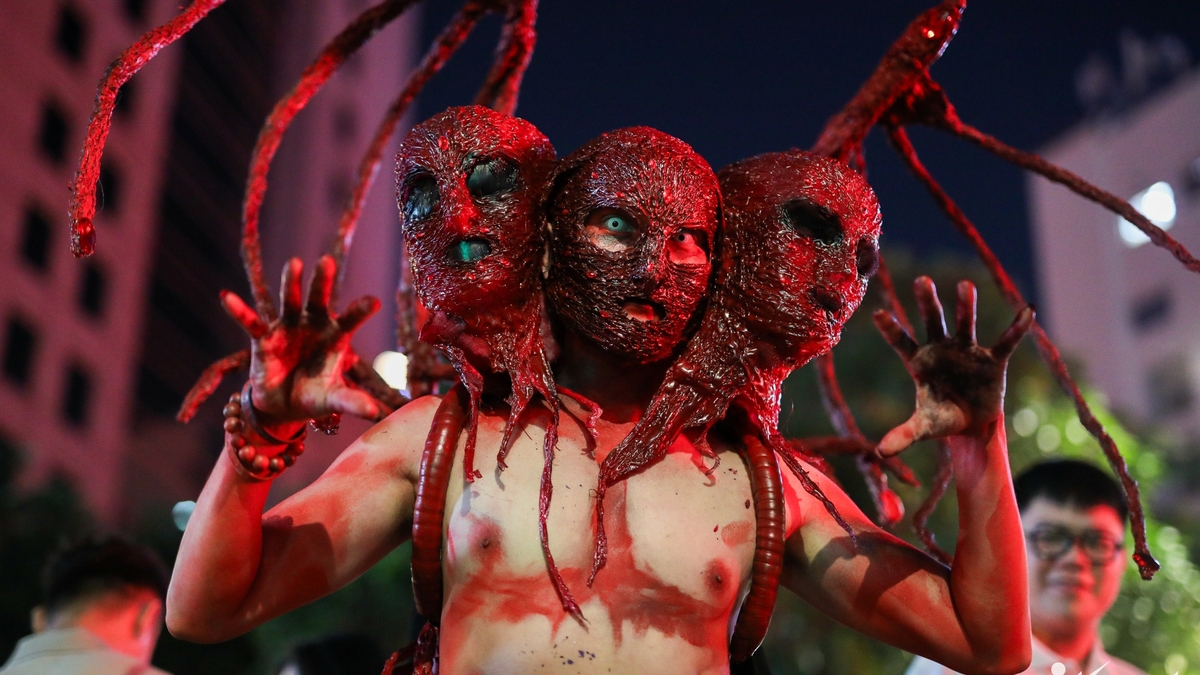



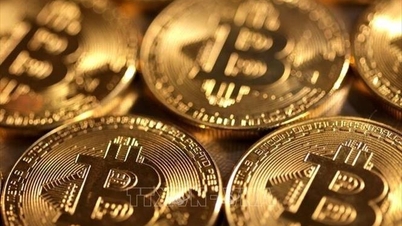



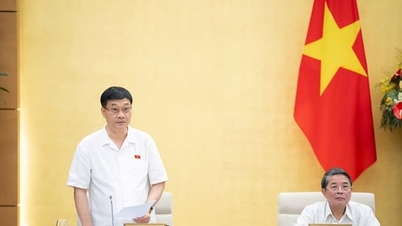

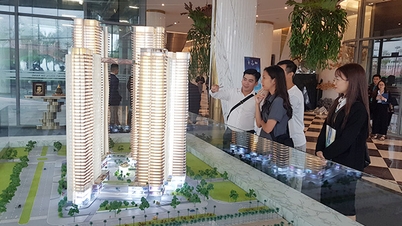

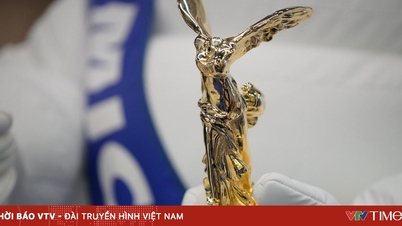
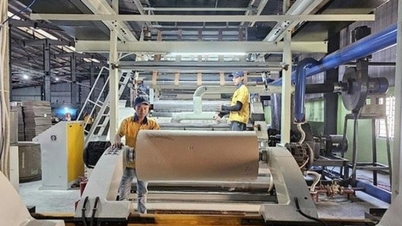

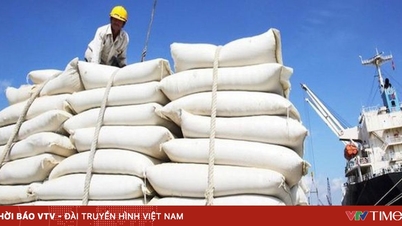
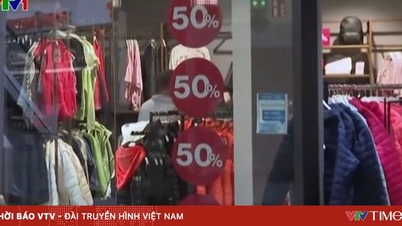
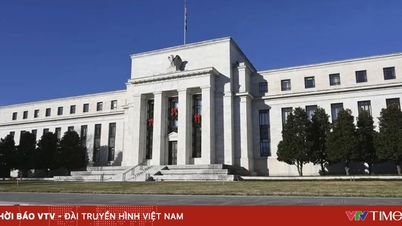




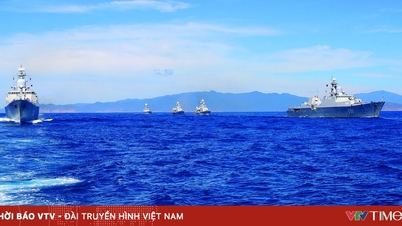

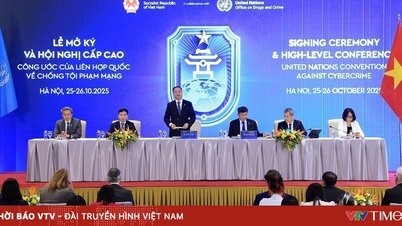
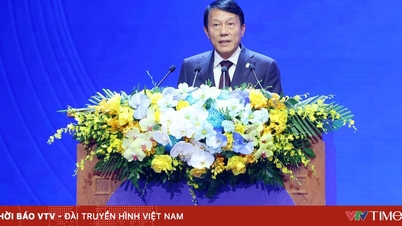
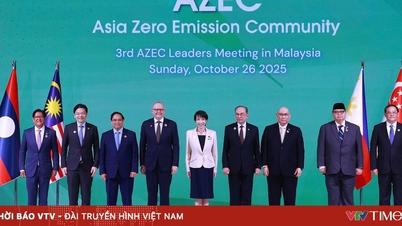
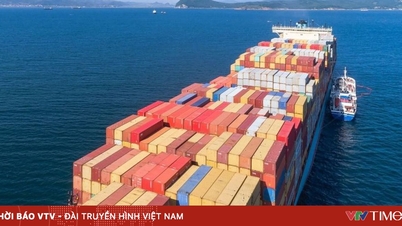
![[Photo] Enjoy the Liuyang Fireworks Festival in Hunan, China](https://vphoto.vietnam.vn/thumb/1200x675/vietnam/resource/IMAGE/2025/10/26/1761463428882_ndo_br_02-1-my-1-jpg.webp)
![[Photo] General Secretary To Lam received the delegation attending the international conference on Vietnam studies](https://vphoto.vietnam.vn/thumb/1200x675/vietnam/resource/IMAGE/2025/10/26/1761456527874_a1-bnd-5260-7947-jpg.webp)







































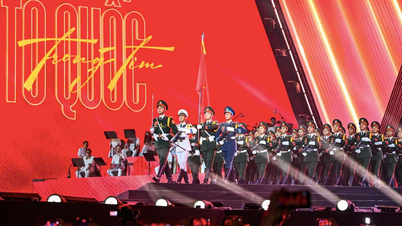

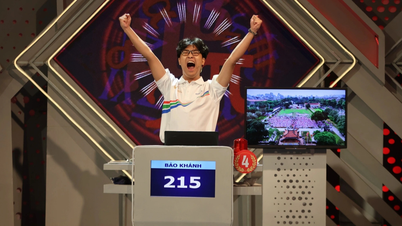


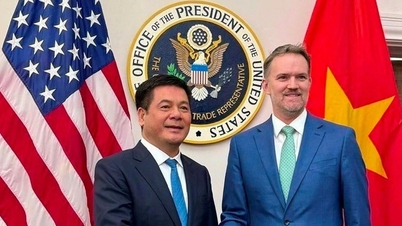


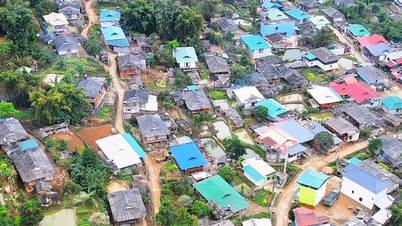


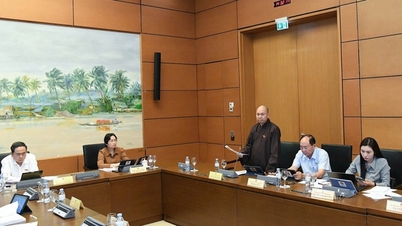
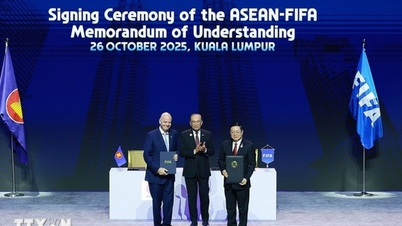
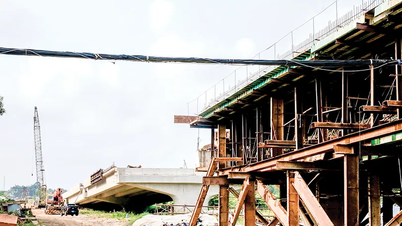







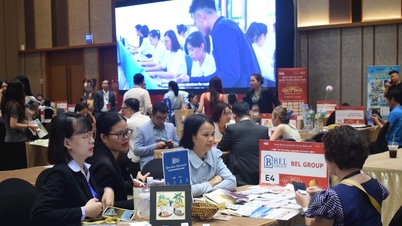
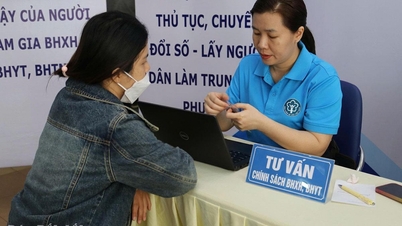












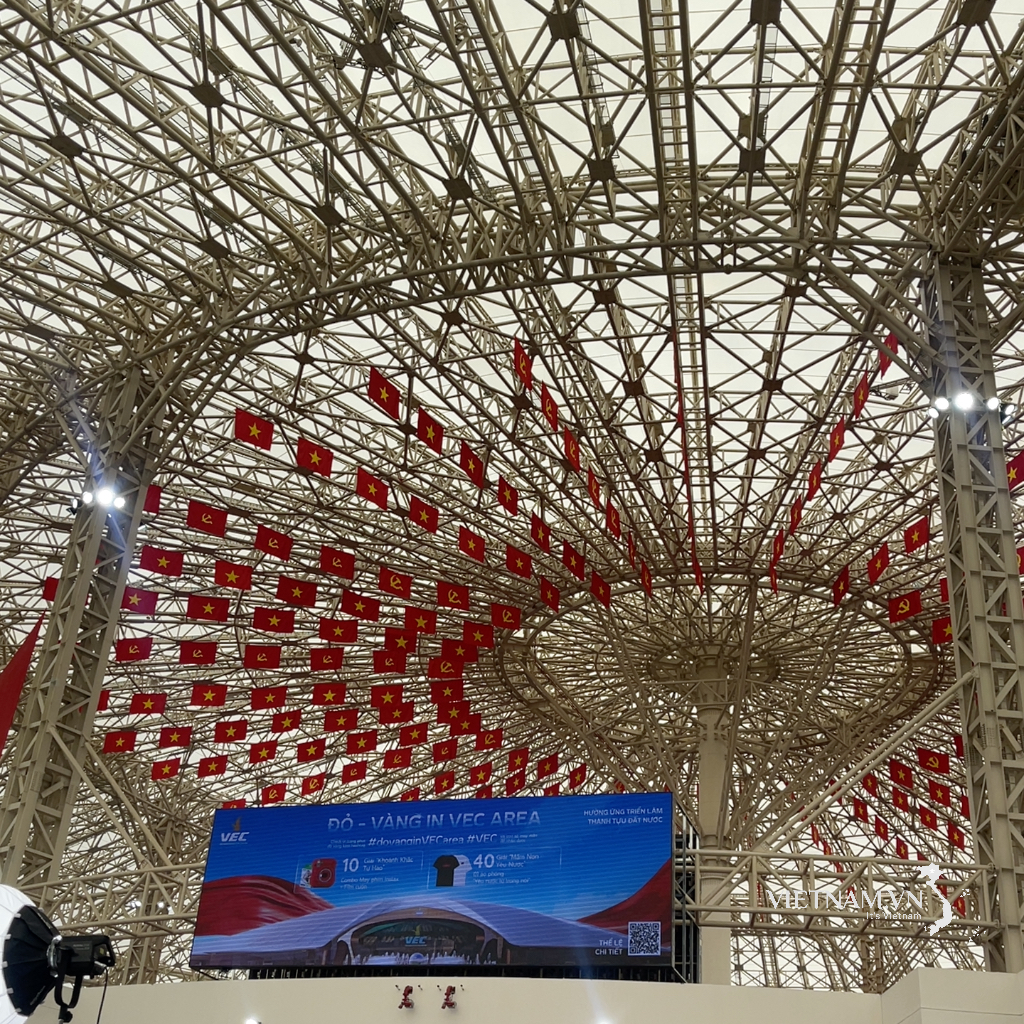
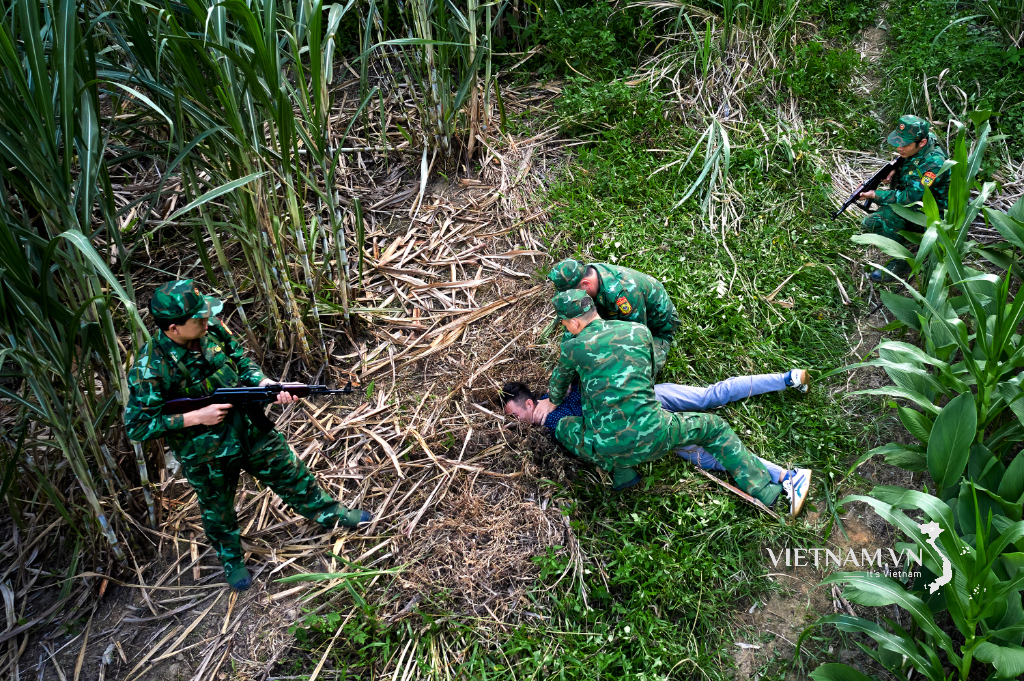

Comment (0)